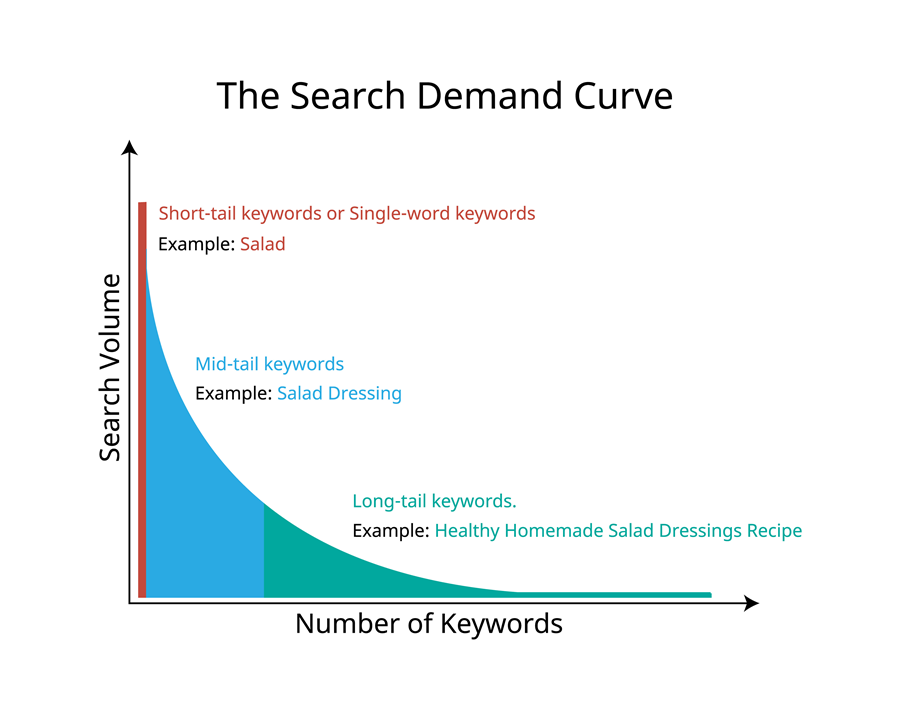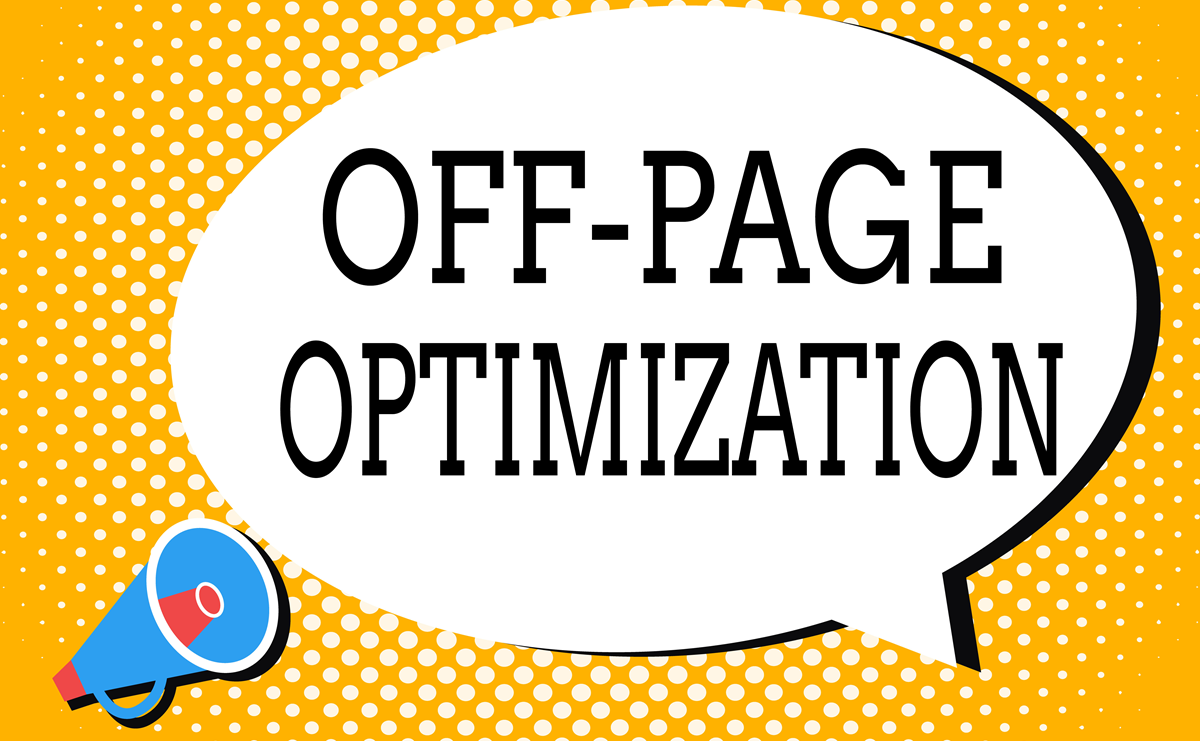Unlocking the Power of Long-Tail Keyword Phrases in eCommerce SEO

In the bustling world of eCommerce, standing out from the crowd is more challenging than ever. With countless online stores vying for the attention of consumers, how can your business rise above the noise? The answer lies in mastering eCommerce SEO, specifically through the strategic use of long-tail keyword phrases. This article delves into the nuances of long-tail keywords, the differences between normal SEO and eCommerce SEO, and how you can leverage these insights to boost your online store's visibility and sales.
Understanding Long-Tail Keyword Phrases
What Are Long-Tail Keywords?
Long-tail keywords are specific, detailed phrases that visitors are more likely to use when they're closer to making a purchase or finding what they're looking for. Unlike short-tail keywords, which are broad and highly competitive (e.g., "running shoes"), long-tail keywords are longer and more specific (e.g., "women's waterproof trail running shoes").
Why Focus on Long-Tail Keywords?
- Lower Competition: Since fewer websites target these specific phrases, you have a better chance of ranking higher in search engine results pages (SERPs).
- Higher Conversion Rates: Users searching with long-tail keywords often have clear intent, making them more likely to convert into customers.
- Targeted Traffic: Attract visitors who are specifically interested in what you offer, leading to improved user engagement and satisfaction.
The Difference Between Normal SEO and eCommerce SEO
Normal SEO: A Broad Approach
Traditional SEO focuses on optimizing websites to rank higher in search results, generally emphasizing content quality, backlinks, and keyword optimization for a wide audience. The goal is to increase overall visibility and attract a broad range of visitors.
eCommerce SEO: A Specialized Strategy
eCommerce SEO, on the other hand, tailors these practices to the unique needs of online stores. It involves optimizing product pages, managing a vast array of SKUs, and ensuring a seamless user experience from search to checkout.
Unique Challenges in eCommerce SEO
- Product Catalog Size: Managing SEO for hundreds or thousands of products requires a scalable strategy.
- Duplicate Content: Similar product descriptions can lead to duplicate content issues, harming SEO rankings.
- User Experience: Beyond attracting visitors, eCommerce sites must provide an intuitive shopping experience to encourage purchases.
The Role of Long-Tail Keywords in eCommerce SEO
Long-tail keywords are instrumental in addressing these challenges by allowing online stores to:
- Differentiate Products: Highlight specific features or benefits that set products apart.
- Capture Niche Markets: Reach customers looking for particular items that broad keywords might miss.
- Enhance Relevance: Improve the match between search queries and product offerings, boosting both SEO and user satisfaction.

Implementing Long-Tail Keywords in eCommerce SEO
Keyword Research Strategies
- Use SEO Tools: Utilize platforms like Google Keyword Planner, SEMrush, or Ahrefs to discover long-tail keywords relevant to your products.
- Analyze Customer Queries: Examine your site's search logs and customer inquiries to identify commonly used phrases.
- Leverage Auto-Suggest Features: Pay attention to search engine auto-complete suggestions for insights into what users are searching for.
Optimizing Product Pages
- Titles and Meta Descriptions: Incorporate long-tail keywords naturally into product titles and meta descriptions to improve click-through rates.
- Headings and Content: Use long-tail keywords in H1 and H2 headings, and weave them into product descriptions without overstuffing.
- Image Alt Text: Optimize images with descriptive alt text that includes relevant long-tail keywords.
Creating Supporting Content
- Blog Posts: Write articles addressing topics related to your products, using long-tail keywords to attract interested readers.
- Buying Guides: Develop comprehensive guides that help customers make informed decisions, incorporating relevant keywords throughout.
- FAQs: Create a Frequently Asked Questions section addressing common queries, which can rank for question-based long-tail keywords.
Case Studies: Success Through Long-Tail Keywords
Example 1: Niche Apparel Store
A niche apparel eCommerce site specializing in organic cotton baby clothes implemented a long-tail keyword strategy. By targeting phrases like "certified organic cotton baby onesies," they saw a 60% increase in organic traffic and a 35% boost in sales within three months.
Example 2: Specialty Electronics Retailer
An online store selling professional photography equipment optimized their product pages with long-tail keywords such as "4K DSLR camera for wildlife photography." This approach led to higher rankings for specific search queries and a significant uptick in conversions.
Best Practices and Tips
Avoid Keyword Stuffing
Overloading your content with keywords can lead to penalties from search engines. Ensure that keywords are used naturally and enhance the readability of your content.
Monitor and Adjust Strategies
SEO is an ongoing process. Regularly review your analytics to see which keywords are performing well and adjust your strategy accordingly.
Stay Updated with SEO Trends
Search engine algorithms evolve constantly. Keep abreast of the latest SEO best practices to maintain and improve your rankings.
Utilize Customer Reviews
Encourage customers to leave reviews on your product pages. These reviews often contain long-tail keywords naturally and can improve SEO while building trust with potential buyers.
Long-tail keyword phrases are a powerful tool in the arsenal of eCommerce SEO strategies. By understanding and implementing them effectively, you can attract highly targeted traffic, outpace the competition, and boost your online sales. The nuanced approach of eCommerce SEO, when compared to normal SEO, requires a focused strategy that addresses the unique challenges of online retail.
Ready to elevate your online store's SEO game? Start integrating long-tail keywords into your eCommerce strategy today and watch your visibility and sales soar. For expert guidance and tailored eCommerce SEO solutions, visit WebStoreSEO and let us help you unlock your store's full potential.
eCommerce SEO Blog









































